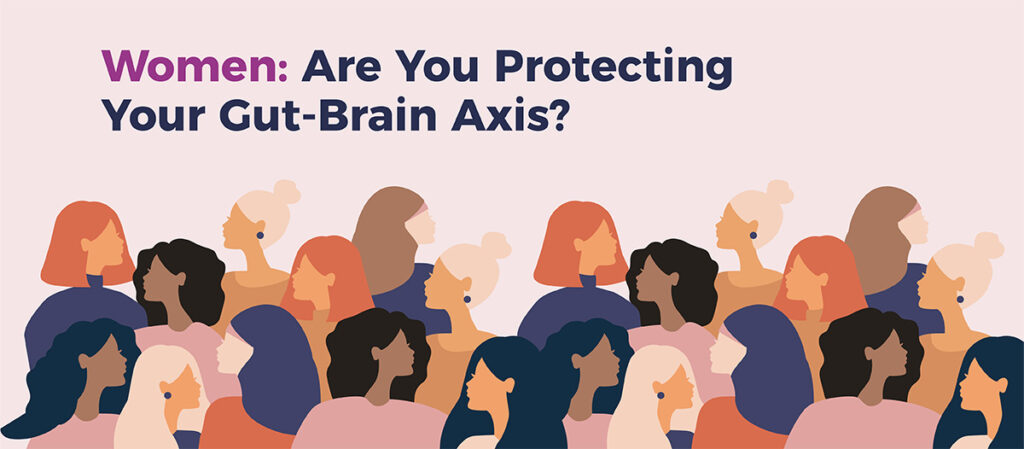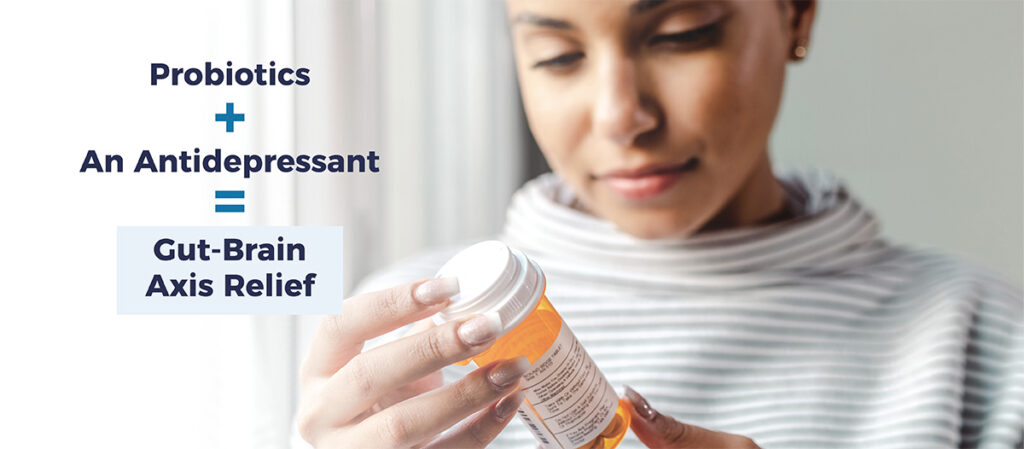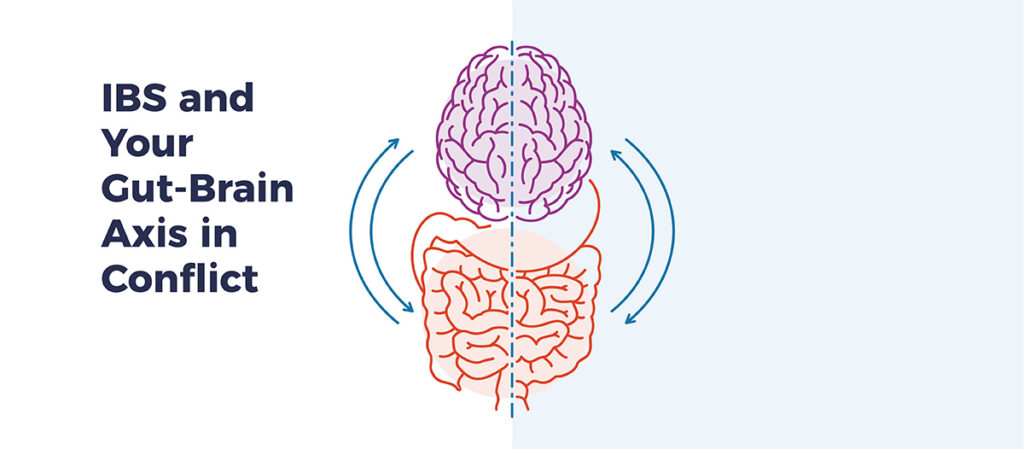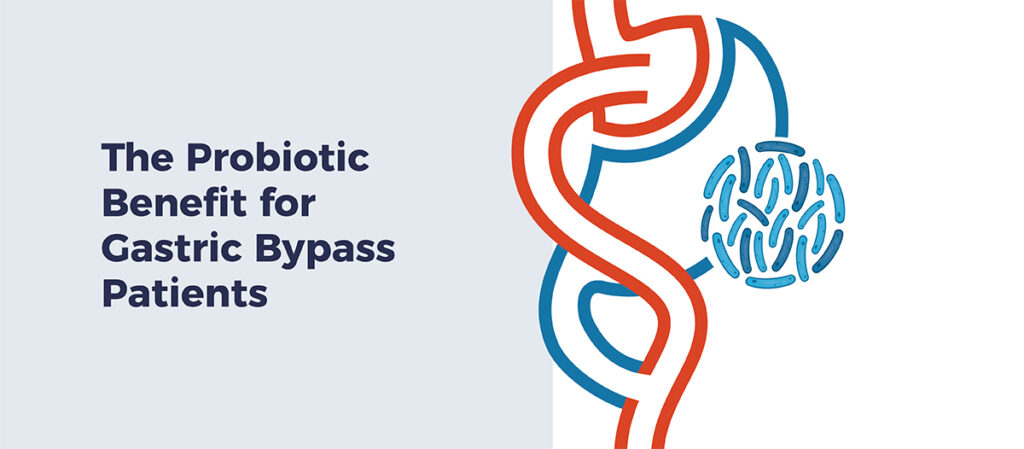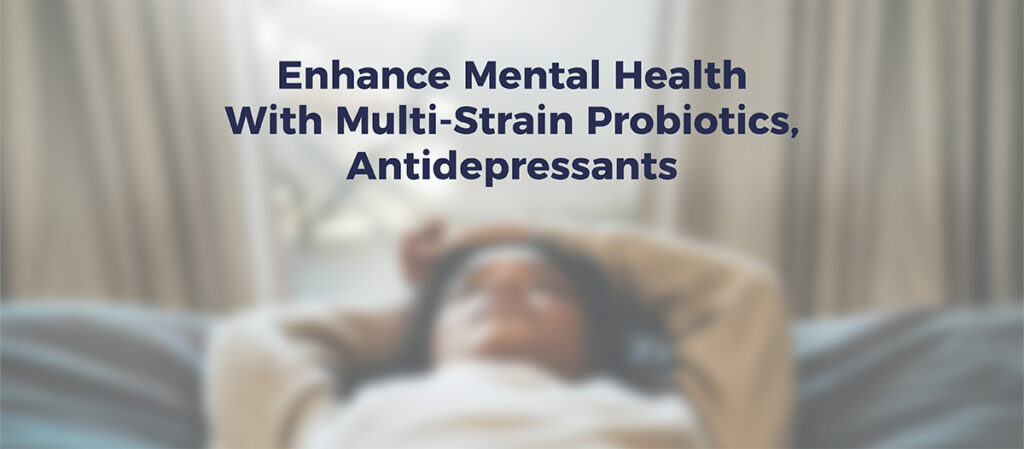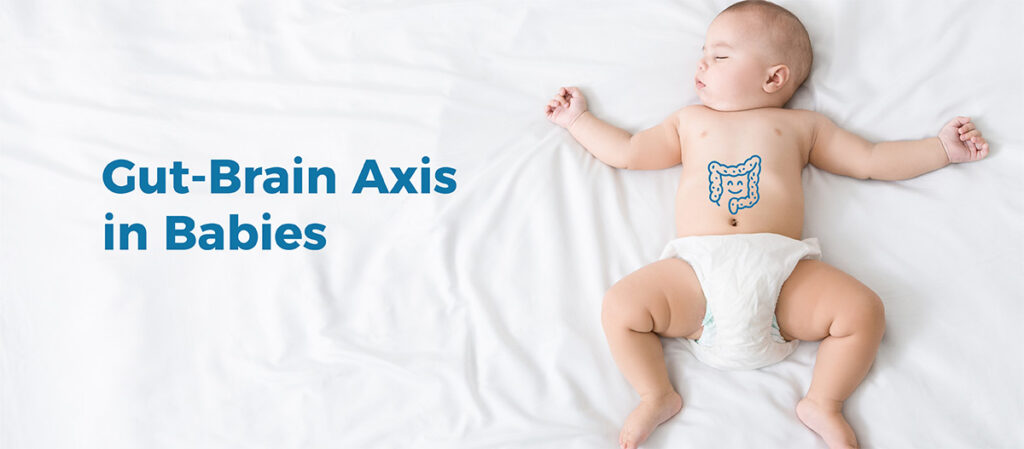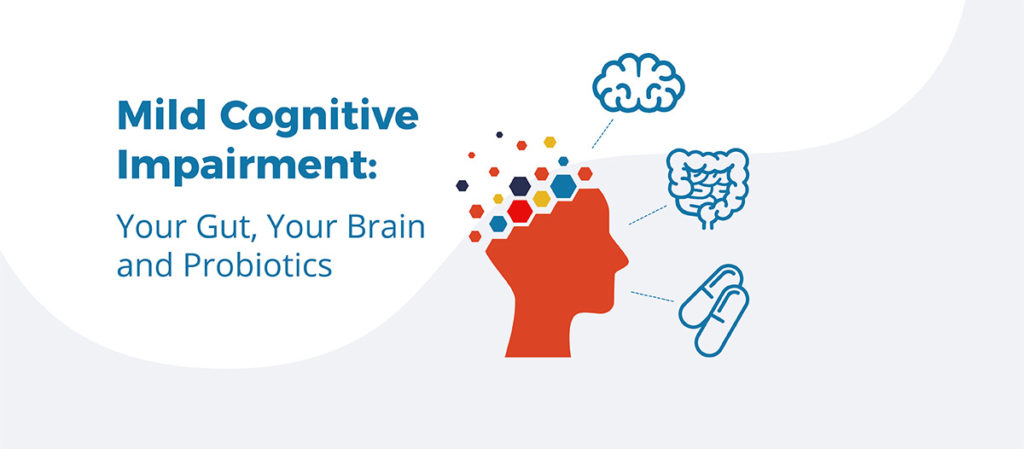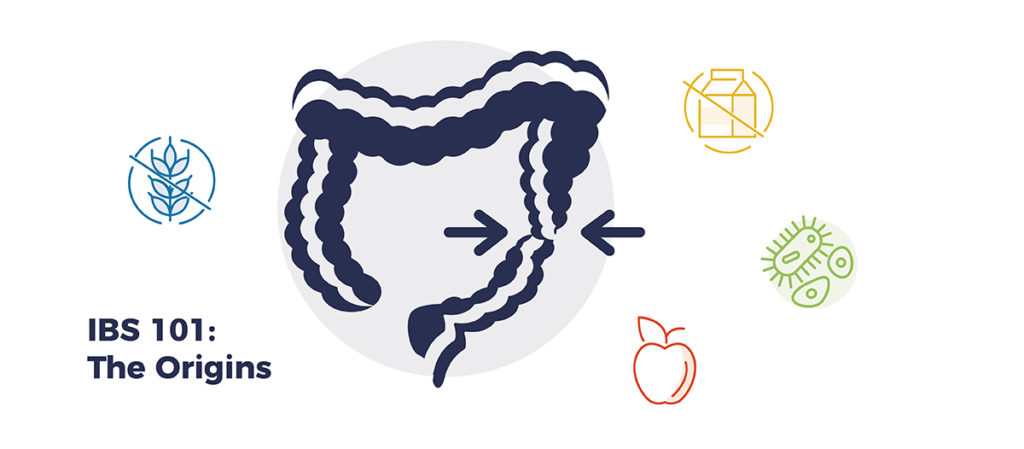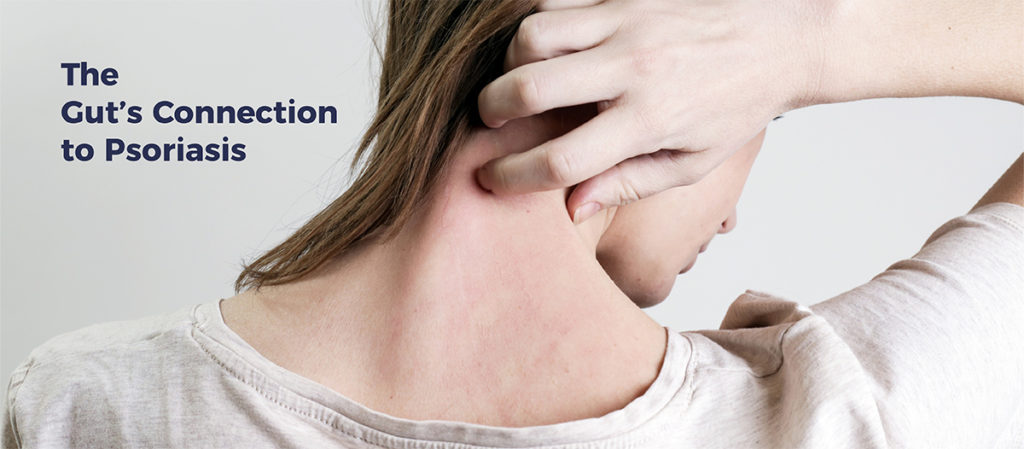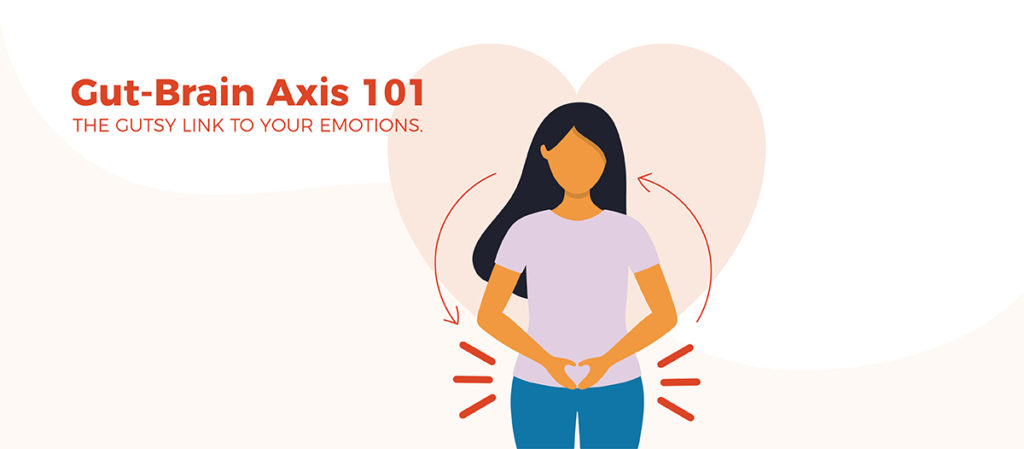Women: Are You Protecting Your Gut-Brain Axis?
Women: Are You Protecting Your Gut-Brain Axis?
A healthy and balanced gut microbiome keeps a woman’s gut-brain axis working smoothly and makes a world of difference to her emotional health. Women: are you protecting your gut-brain axis?
Not so long ago, science debated the existence of the gut-brain axis, the connection that links your gut, emotions and brain.
That changed once modern medicine proved that as much as 90 percent of the serotonin (a chemical that governs your emotions) your body produces comes from your gut and specific bacteria play key roles in making it.
Your ability to generate the amount of serotonin your body that keeps your gut-brain axis working as it should and your emotions on an even keel depends on the healthy diversity of bacteria in your gut.
This balance or imbalance of gut bacteria concerning emotional health was the chief finding in a recent study appearing in Psychological Medicine.
The Study
In the first phase of research, scientists from Brigham and Women’s Hospital and Harvard surveyed more than 200 middle-aged women about their feeling over the past 30 days, asking them to report positive and negative emotions along with how well they handled them.
Three months later, women provided stool samples that were analyzed in ways that enabled researchers to find patterns in human health and how their emotions influenced them.
No surprise, women who suppressed their emotions had less diverse gut microbiomes and higher levels of bad bacteria while those who reported happier feelings had lower levels of those specific species.
“This was what you would expect, but it was kind of amazing that we saw it,” says Dr. Laura Kubzansky, a professor in the Chan School’s department of behavioral science at Harvard.
The Solution
There’s a lot a woman can do to give her gut-brain axis a gentle reset in a good direction, starting with making lifestyle changes. For example, eating healthier meals including foods rich in dietary fiber is a great start.
When life gets in the way and you’re on the go, here’s an additional step you should consider: Take a probiotic formulated with multiple strains of lab-tested beneficial bacteria and a prebiotic that feeds the good bacteria in your gut.
If you’re looking for a probiotic that will protect the healthy balance of bacteria in your gut and strengthens the connections in your gut-brain axis, consider the proprietary blend of 10 strains from the Lactobacillus and Bifidobacterium families plus a proven probiotic (FOS) in each daily dose of EndoMune Advanced Probiotic.
References
Women: Are You Protecting Your Gut-Brain Axis? Read More »
